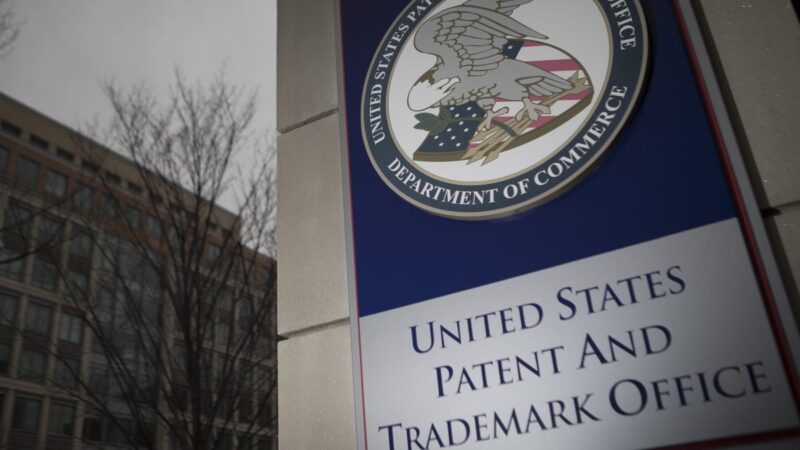Hon. John J. Hamre

John Hamre was elected president and CEO of CSIS in January 2000. Before joining CSIS, he served as the 26th U.S. deputy secretary of defense. Prior to holding that post, he was the under secretary of defense (comptroller) from 1993 to 1997. As comptroller, Dr. Hamre was the principal assistant to the secretary of defense for the preparation, presentation, and execution of the defense budget and management improvement programs. In 2007, Secretary of Defense Robert Gates appointed Dr. Hamre to serve as chairman of the Defense Policy Board, and he served in that capacity for four secretaries of defense.
Before serving in the Department of Defense, Dr. Hamre worked for 10 years as a professional staff member of the Senate Armed Services Committee. During that time, he was primarily responsible for the oversight and evaluation of procurement, research, and development programs, defense budget issues, and relations with the Senate Appropriations Committee. From 1978 to 1984, Dr. Hamre served in the Congressional Budget Office, where he became its deputy assistant director for national security and international affairs. In that position, he oversaw analysis and other support for committees in both the House of Representatives and the Senate. Dr. Hamre received his Ph.D., with distinction, in 1978 from the School of Advanced International Studies at Johns Hopkins University in Washington, D.C., where his studies focused on international politics and economics and U.S. foreign policy. In 1972, he received his B.A., with high distinction, from Augustana College in Sioux Falls, South Dakota, emphasizing political science and economics. The following year he studied as a Rockefeller fellow at the Harvard Divinity School in Cambridge, Massachusetts.


Explainer: Standard Essential Patents and National Security
